Healthy Living
How Music Affects Your Heart Rate, Blood Pressure and Well-Being
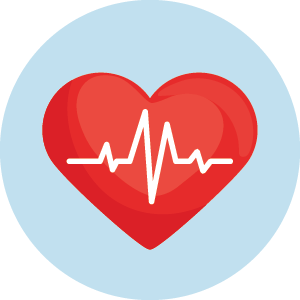
Your heart doesn’t beat like a metronome. It can naturally speed up or slow down slightly, depending on your mood, environment and what you’re listening to. More flexible heart rhythms have been linked to better health and resilience against stress.
Interestingly, heart rate is also closely tied to blood pressure. Elevated heart rates are often associated with elevated blood pressure, increasing the risk of hypertension and cardiovascular disease.
High blood pressure can quietly damage your arteries, leading to serious conditions like heart attack, stroke or kidney disease. While music can influence heart rate and rhythm, it’s important to monitor blood pressure regularly and consult a healthcare professional to manage both effectively.
Classical Music
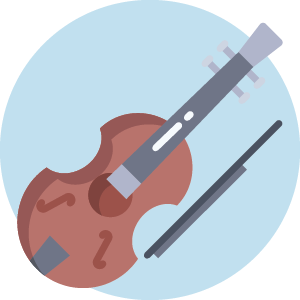
Studies found that people who listened to classical music experienced a more relaxed heart rhythm response compared to those listening to electronic or personal music choices. For individuals looking to manage stress-related blood pressure spikes, classical music may offer a simple way to calm both the heart and the mind.
Rock and Personal Favorites
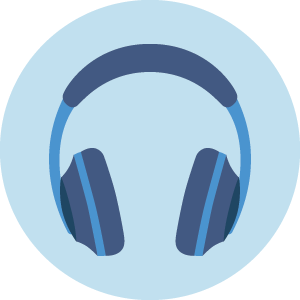
After listening to rock music, participants’ hearts often became more energized—even if the rock had a slower tempo. Similarly, listening to your favorite tunes also gives the heart a noticeable boost, suggesting that personal connection matters more than the speed of the music. For those with high blood pressure, this stimulation may be beneficial or counterproductive, depending on how the music affects their emotional state.
White Noise
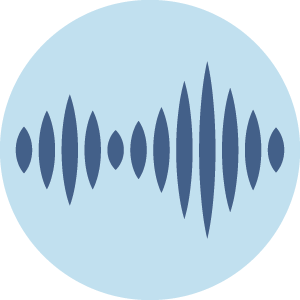
Neutral background sounds like white noise resulted in even greater relaxation responses in the heart’s rhythm than any music genre tested. Simple, steady sounds may actually be more calming than music when it comes to how your heart responds. Its consistent, steady nature can create a soothing environment that helps reduce stress-related spikes in blood pressure.
It’s Not Just About the Tempo
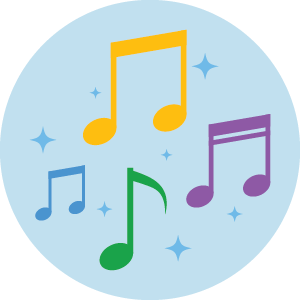
Myth: Faster music doesn’t always mean a faster heartbeat. Studies show that classical music, even at a relatively fast pace, could still have a calming effect, while a slower-tempo rock track could rev you up. Personal taste and the emotional vibe of the music may shape how your heart responds more than the song’s speed.
Takeaways
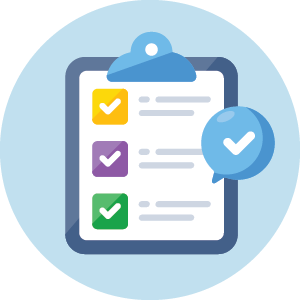
- Need to Unwind? Try classical music or even white noise to create a calming environment—before a big meeting, while studying or as part of your bedtime routine.
- Need a Boost? If you’re seeking energy (say, before a workout), consider playing a personal favorite or rock track that motivates you.
- Experiment: Everyone’s heart responds differently. Mix and match genres to find what makes you feel balanced and energized!

